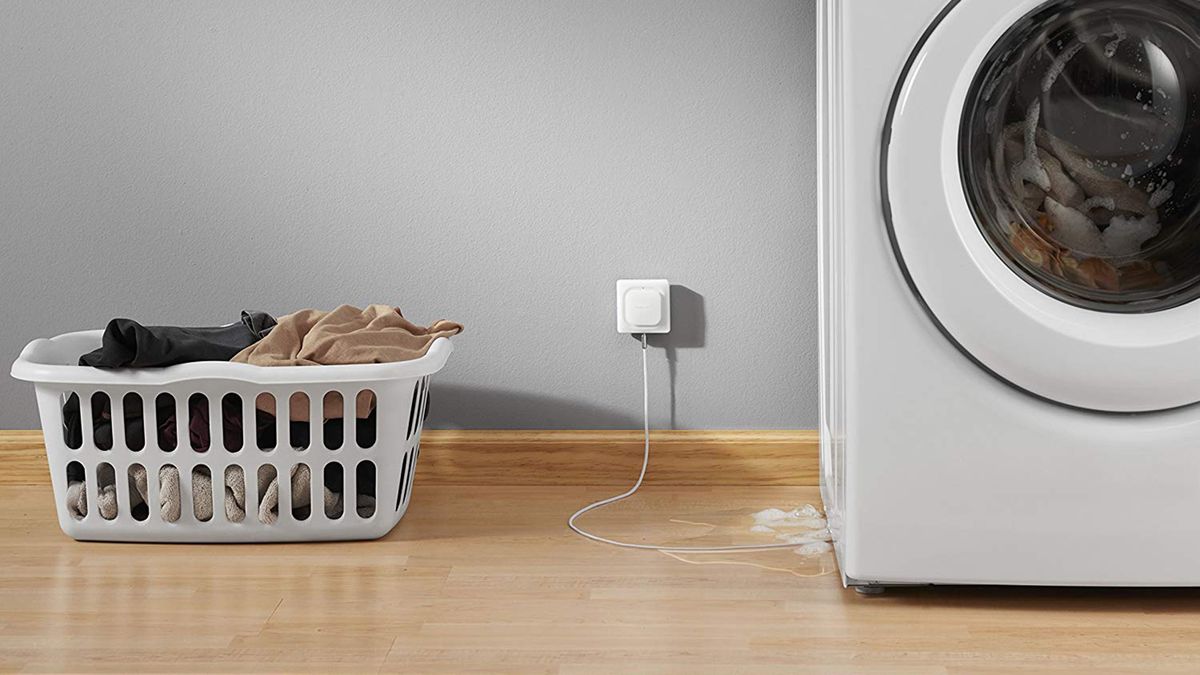- Jul 4, 2020
- 490
- Pool Size
- 20000
- Surface
- Vinyl
- Chlorine
- Salt Water Generator
- SWG Type
- Pentair Intellichlor IC-40
OK - I'm building a 14x18' pool house that will house my pool equipment as well as serve as a place to store floats, toys, etc. when not in use. I understand that I will need to have all pool equipment electrical in NM liquid-tight flex, and that's the plan. I've populated the IntelliCenter with all GFCI breakers for all circuits.
My question is this - One of the 14-ft walls will be filled with my pool equipment, IntelliCenter, etc. I plan to have outlets along the other three walls as well as a few lights and light switches for inside / outside lights. All walls will be insulated with foam insulation, with the inside finished with painted shiplap. Is there still a requirement for those outlets inside the walls to be in liquid tight? I assume standard romex is fine for this given that it will be inside the wall. Can someone confirm that? There is 8' of concrete between the pool wall and the pool house.
Thanks!
Wes
My question is this - One of the 14-ft walls will be filled with my pool equipment, IntelliCenter, etc. I plan to have outlets along the other three walls as well as a few lights and light switches for inside / outside lights. All walls will be insulated with foam insulation, with the inside finished with painted shiplap. Is there still a requirement for those outlets inside the walls to be in liquid tight? I assume standard romex is fine for this given that it will be inside the wall. Can someone confirm that? There is 8' of concrete between the pool wall and the pool house.
Thanks!
Wes



